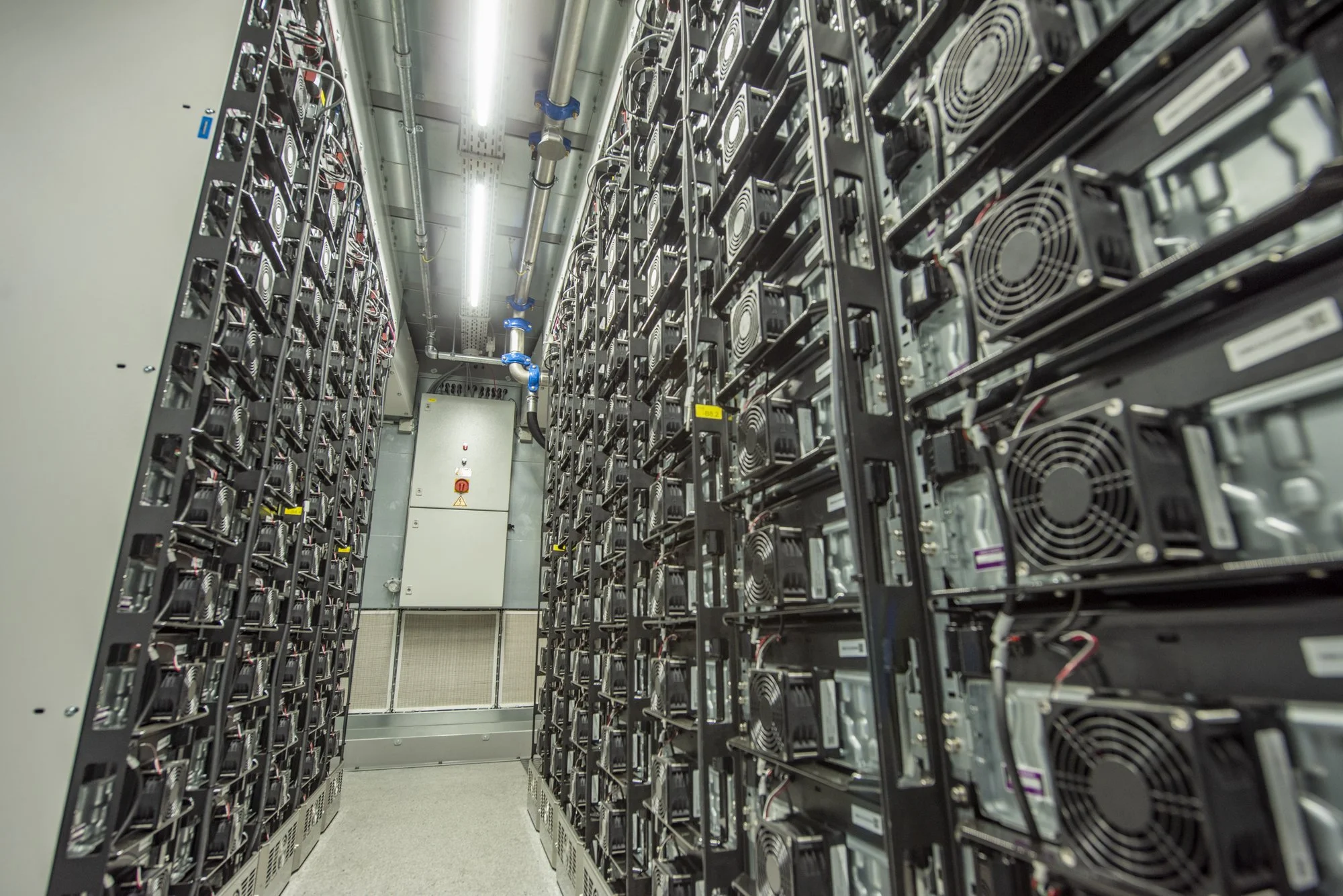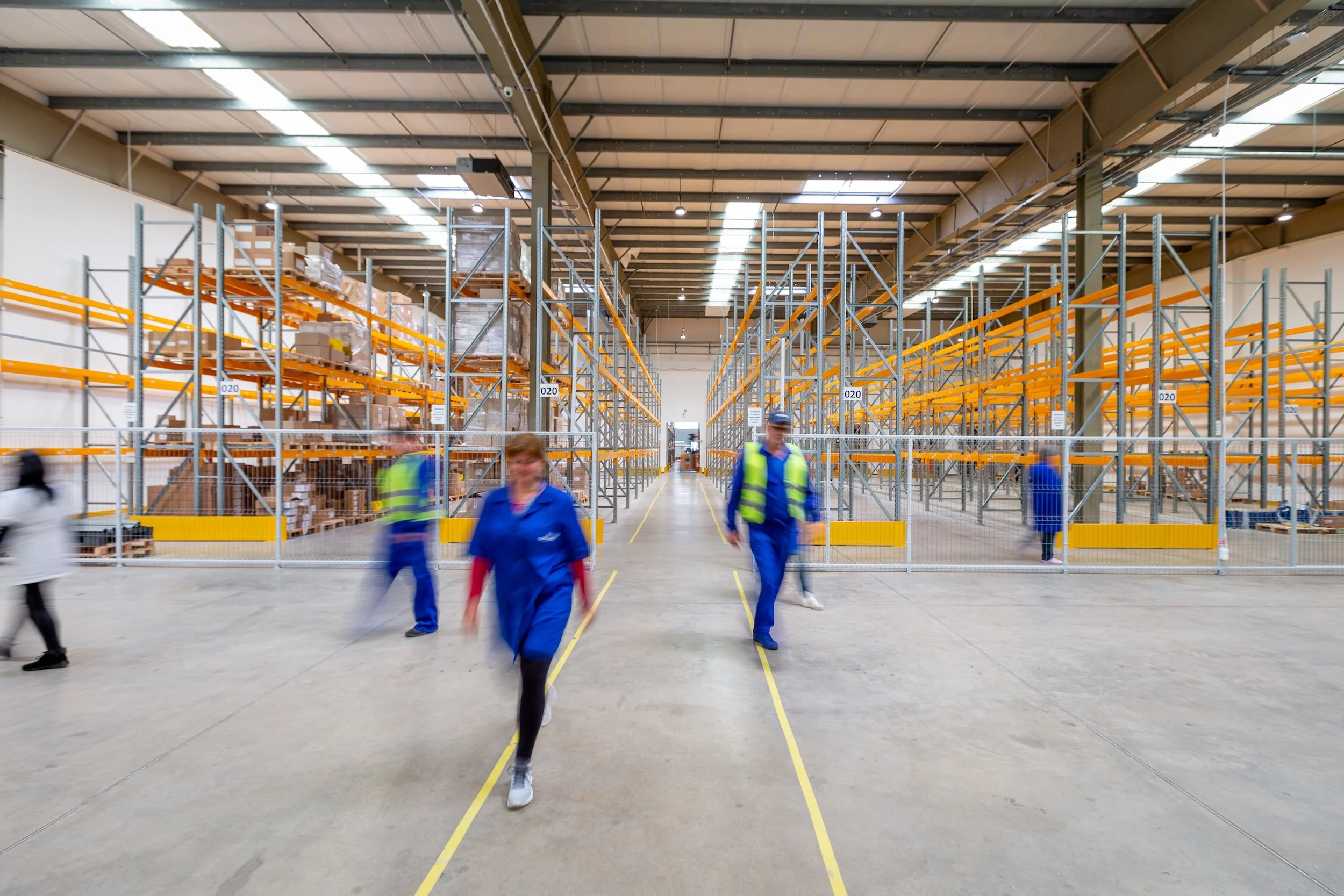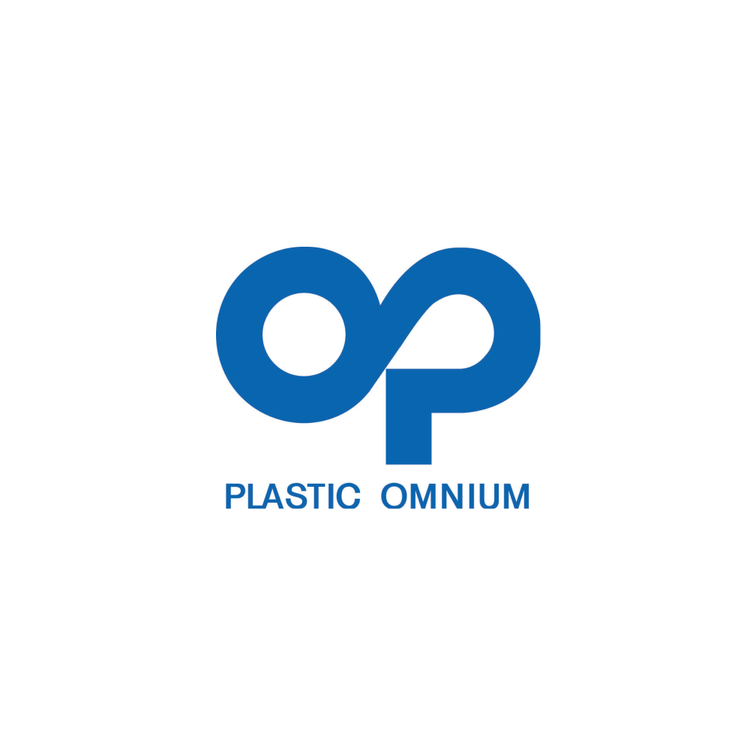Most industries now have a published pathway to net zero carbon. The detail of each pathway depends on many factors including the sector’s energy use and intensity, the aspect of the buildings occupied, and the ownership structure. This plays out in very different ways for the main sectors served by BasePower.
Developer/owners of commercial buildings now have to satisfy occupiers’ requests for ‘zero fossil’ and ‘zero carbon’ occupancy. The prize for doing this is valuable; longer leases with better terms, a higher ranking in ESG assessments, and a lower cost of capital. However, building owners have struggled to implement projects of any material size, as they are using a traditional consultant/contractor model.
Meanwhile manufacturers in the food & drink and automotive sectors are both more energy-intensive and more cost-sensitive. They need a staged transition away from steam and high-temperature heat to hot water and renewables but lack the in-house capabilities to develop and de-risk projects.
BasePower solves these problems for owners and manufacturers, working in partnership to specify projects and lead them through design and procurement to construction and successful operation.
To find out more and see how we can help contact us for an initial discussion.
The theory that satisfying occupiers’ sustainability needs should lead to shorter let-up times and longer leases has been around for some time. This was at the core of the Low Carbon Workplace, the joint venture between Stanhope plc, Columbia Threadneedle and Carbon Trust Enterprises that BasePower Director George Fowkes co-founded in the mid 2000’s.
Value drivers have become much more urgent since then. Occupiers are making choices between locations based on material quantities of on-site renewables, non-fossil HVAC and eV charging. Meanwhile, asset owners’ portfolios are being ranked by EPC, Gresb and other performance criteria, with valuations being marked down for poor performance.
However, asset owners have struggled to build sustainability into their developments and standing stock. There is no portfolio view, leases are the wrong shape, consultants specify technologies but can’t identify reliable suppliers, and value engineering exercises strip out future-proofing. This means that every planned intervention has to start from scratch. This results in a few hundred kilowatts of PV being installed by occupiers, but little else.
BasePower works as a partner with asset owners to form the portfolio and site strategy, earmark the required quantity of capital, select the right technologies to implement over several phases, specify designs and oversee their installation, then operate the assets to obtain the required ROI.
BasePower’s strategic partnership with Tritax Big Box Limited spans over 12 projects, both new-build and standing stock, including:
The first 1.5MWp of 8.25MWp roof-mounted PV at Tritax Symmetry Kettering
A combined 10MW of mains-parallel generation assets including PV, batteries and gas-fired backup at Tritax Symmetry Biggleswade
To find out more about our work in the logistics development sector contact us for a confidential discussion.
The food sector in the UK combines excellence in agriculture, product innovation and lean manufacturing. However margins are thin and capital expensive due to the immense buyer power of the main retailers. Although being experts in their particular field, food manufacturers do not usually have the in-house expertise to model, specify and cost an efficiency project let alone procure and construct it.
Specifying and installing renewable generation on manufacturing sites is comparatively straightforward. But to deliver lower carbon, lower operating costs and higher resilience means spending time reducing and decarbonising the site’s heat production and use.
BasePower’s projects for manufacturers first assess their current and future sources and uses of energy. This progresses to project selection with the customer, followed by scheme design, initial development and risk reduction so that a Capex Authorisation can be obtained from the site’s Head Office. BasePower then leads the remaining development, detail design, finance, procurement, construction and operation to ensure the modelled carbon and financial savings.
BasePower’s projects in Food & Drink include:
A 2MW desteaming and CHP energy centre at Caledonian Cheese in Stranraer, Scotland (including a recent upgrade)
A 2MW desteaming and CHP energy centre at Cranswick plc, FTSE-listed pork producer (also including a recent enhancement)
A desteaming, efficiency and cycle time upgrade at a household name confectioner
A capacity and resilience upgrade at a pet food manufacturer
The advantages of CHP in the food sector
With rising energy levies and issues around security of supply in the news, on-site power generation is now more attractive than ever for large energy users.
View the BasePower white paper now to read why Combined Heat & Power (CHP) solutions make sense for the food and beverage industry.
Car assembly plants, their Tier 1 suppliers and polymer processors run their capital-intensive plant at full capacity for over 600 hours per month, with high electricity loads for power moulding, hydraulic and robotic machinery, motors, space and process chilling. Maximising on-site power production is key here to decarbonisation and cost saving.
In addition, while high in volume a great deal of the heat use in these sectors is below 180°C. Processes here include maintaining humidity and temperature in paint and assembly halls, pellet drying, thermal oil and mould heating, curing and autoclaving. CHP (Combined Heat and Power) is ideally suited to this range of temperatures.
In automotive the requirement for rapid payment on investment is often exacerbated by benefit-sharing clauses in many supply contracts. These together make many in-house investments in energy efficiency unviable. But when installed on a financed basis CHP can allow manufacturers and processors to access substantial energy cost and CO2 reductions without having to deploy scarce and expensive capital of their own.
CHP can also cornerstone an energy centre to operate in ‘Island Mode’ during black or brown-outs should these become more frequent as investment in UK power infrastructure continues to lag behind what is required.
BasePower’s successful on-site energy centres in the automotive and polymer sectors include:
A 2MW CHP Energy Centre at Plastic Omnium, Measham
A 1.3MW CHP Energy Centre at Plastic Omnium, Hams Hall
Our work
The BasePower team has developed more than 30 energy generating schemes for a range of clients in the public and private sectors. Our successful projects have included CHP development, biogas and advisory work.




































